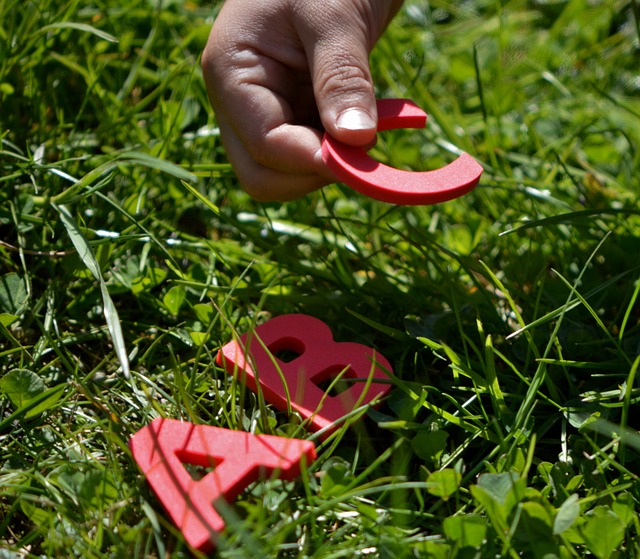Certainly summer learning loss is a tremendous deal. Learning should be a 365-day endeavor, one that doesn’t stop for our fourth season. And, through a variety of programs, modifications to school schedules, and long-term learning experiences, we’ve continued to attempt to halt, reverse or end the loss that can happen when we aren’t formally focused on learning during vacation time.
But what if we looked through a slightly different lens? What if we didn’t make it about staving loss, and instead, focused on fostering growth? Could summer be about giving learners the opportunity to grow, as opposed to simply a time when we stop them from shrinking?
I think so. And, I bet that if we look through the lens of continuous improvement, we can recognize a number of ways in which we can focus on the months of summer, and school vacation, as a time where student growth can build, putting learners in an even better learning space than when they left the classroom the year before.
Here are three ways we can focus on learning lifts, rather than learning loss.
Put it in perspective. Summer vacation is a time filled with countless learning opportunities. Whether they might be sitting on a porch reading a comic book, selling lemonade to the neighborhood, building a treehouse, playing soccer in the park or watching a number of butterflies, each and every one of these situations has multiple pathways to learning. And, the great part about potential summer learning is it can be selected purely by engagement; if I have the free time, and I want to take apart my old cell phone, I can do that. The key is helping learners see these activities as learning, and assist them in charting a path towards their summer learning. Even before learners leave on break, we can ask questions such as:
- “What are you most interested in doing this summer?”
- “How will that experience help you grow as a person?”
- “What questions will you ask yourself as you engage in your summer activities?”
- “How will you go about finding those answers?”
- “Who will you go to for help as you learn?
While not exhaustive, these questions can lay the groundwork for laying out a “summer summary;” a learning plan that educators can help their learners chart even before the summer starts, and that learners, if they are so inclined, can adhere to during the summer and share upon their return. The idea is that sometimes, we just need to help others (and ourselves) see that learning is the process, not where or when it takes place.
Keep in touch. Remember how summertime was a time for letters and postcards, sent and received? Well, it still is, and it can be even more. Just because a learner is moving on to a new class, building or role, doesn’t mean we can’t still reach out. Whether it be via letter, email, Voxer message, or the like, keeping relationships going is the key to learning. After all, we don’t learn unless we take action, and we rarely take action in a vacuum. If we want to see summer learning gains, than we need to see the summer not as an end point to a relationships, but rather as an opportunity to grow the relationship in as yet unexperienced ways. And, imagine what this can do for our adult learners! Wouldn’t we be prompted to learn more, learn harder, and learn better if we heard back from all of our students during the summer months?
Be a model citizen. If we believe that learning is never-ceasing, then we need to live it. That means that our summers must be filled with learning, and we have to showcase the value of continuing to build our knowledge and skills even during times that may be less structured. Whether it be through the creation of blog posts to show our work, a newly designed classroom or office, or conferences and unconferences that stretch our thinking in new ways, we’ll only ever see summer as a time for lifting learning when and if we make it so for ourselves first.
Whether it be providing perspective, continuing conversation, or making meaning through modeling, we can put the summer season on a learning pedestal much as we do with fall, winter, and spring. Here’s to a summer of learning lifts, to rise us above the negative focus on learning loss.
Fred Ende (@fredende) is the assistant director of Curriculum and Instructional Services for Putnam/Northern Westchester BOCES in Yorktown Heights, N.Y. Fred blogs at www.fredende.blogspot.com, Edutopia, ASCD EDge and SmartBrief Education. His book,Professional Development That Sticks is available from ASCD. Visit his website:www.fredende.com.
____________________________________
Like this article? Sign up for ASCD SmartBrief to get news like this in your inbox, or check out all of SmartBrief’s education newsletters, covering career and technical education, educational leadership, math education and more.
